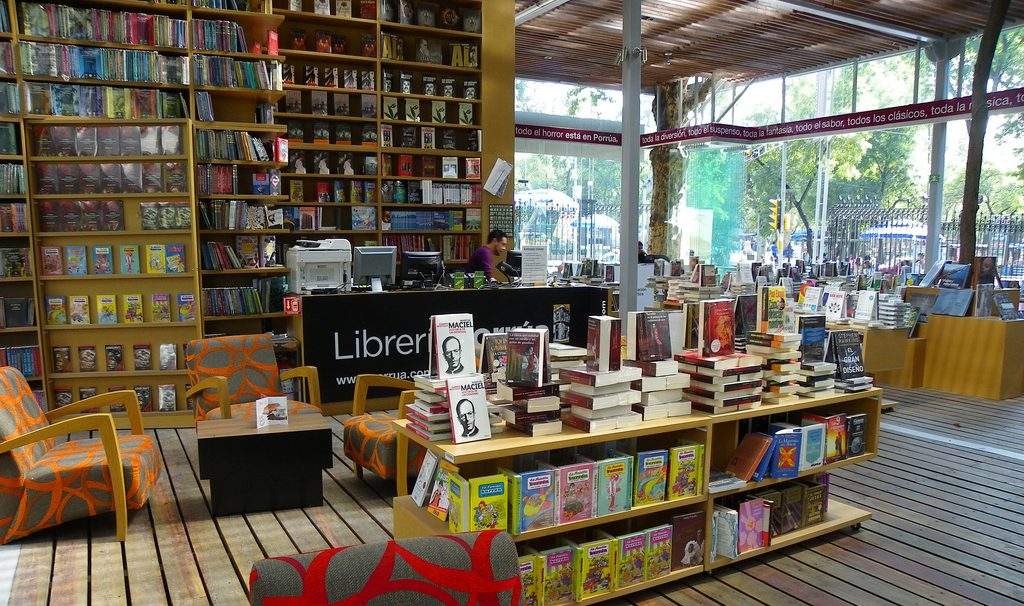Bookstores are open even in red zones: book considered essential good
In Italy, we will not witness queues in front of bookstores today as happened in France the day before the national lockdown came into effect: in fact, in Italy, unlike France, books were considered an essential good, and bookstores will not close. In fact, Annex 23 to the November 23 dpcm lists the types of retail trade that can remain open even in red zones, those where one can leave home only for reasons of proven necessity: these include “book retailing in specialized establishments.” What had occurred during the first lockdown, when bookstores were closed, did not, in short, happen.
The publishing world therefore thanks the government and the minister of cultural heritage, Dario Franceschini, for the concession. “We thank the government for taking into account our appeals, allowing bookstores to open even in red zones, and in particular Minister Dario Franceschini, who is always attentive to the needs of the book world,” say Paolo Ambrosini, president of the Association of Italian Booksellers (ALI), and Riccardo Franco Levi, the president of the Italian Publishers Association (AIE), recalling that “books are essential goods and, especially at a time like this, can help Italians overcome the loneliness and difficulties related to the limitations of free movement and sociability.”
“With today’s decision,” the two presidents add, “we support bookstores that are suffering a continuous erosion of market share by online stores, an imbalance that puts at risk not just stores, but social and cultural garrisons that are essential for our cities and, more generally, for the democratic life of the country, and we renew the choice of last April 14, confirming that that was a precise choice of cultural policy: Italy is culture, and culture and books can be the driving force for the country’s restart.”
“Bookstores,” stressed Alberto Rivolta, ad of Librerie Feltrinelli, “are primary resources that help provide comfort and escape and play an indispensable social role. The book world already demonstrated during the first lockdown a resilience and pliability to react strongly to the change of these months and I am sure it will not back down in doing so again.”
“Being able to stay open and carry out our business,” says Edoardo Scioscia, instead, administrator and founding partner of Libraccio Group, a chain of 50 bookstores, “is an important recognition of the capacity put in place from the first minute in terms of emergency management and ability to respond to the new requirements of presidium on the issues of security of environments and daily practices of contact with the public. All of this without forgetting our role as amplifiers of culture who daily dialogue with readers, the curious, students and families.”
In recent days there had been a succession of appeals, launched by the AIE, ALI and others (e.g., the Turin Book Fair), to ask the government not to close bookstores and in parallel campaigns to invite the public to buy books. “The book,” reads the appeal launched on Nov. 3 by the publishers (and signed by Alessandro Laterza and Giuseppe Laterza of Editori Laterza, Sandro Ferri of Edizioni e/o, Renata Gorgani of Editrice Il Castoro, and Stefano Mauri of the Mauri Spagnol Publishing Group), “is also the least contagious way to inform oneself, to deepen, to travel, to learn at a distance, to grow and to experience as demonstrated by the thirst for books that has been manifested all over the world as soon as the spring lockdowns are over. Bookstores (like libraries) are places of discovery in which (with the complicity of booksellers) we can also encounter unknown and unexpected books and worlds. Keeping this space of reflection and imagination open is a priority if we want everyone to participate in creating a common future.”
The jarring note, however, concerns libraries: libraries, in fact, will close all over Italy, since the dpcm has imposed the lockout of all cultural places identified in Article 101 of the Cultural Heritage Code, and libraries unfortunately fall within the places listed in the article. There will therefore be a suspension of opening to the public; it remains to be seen whether there will be libraries that will gear up for forms of lending that do not involve the opening of venues.
Ph. Credit Italian Booksellers Association
 |
| Bookstores are open even in red zones: book considered essential good |
Warning: the translation into English of the original Italian article was created using automatic tools. We undertake to review all articles, but we do not guarantee the total absence of inaccuracies in the translation due to the program. You can find the original by clicking on the ITA button. If you find any mistake,please contact us.




























